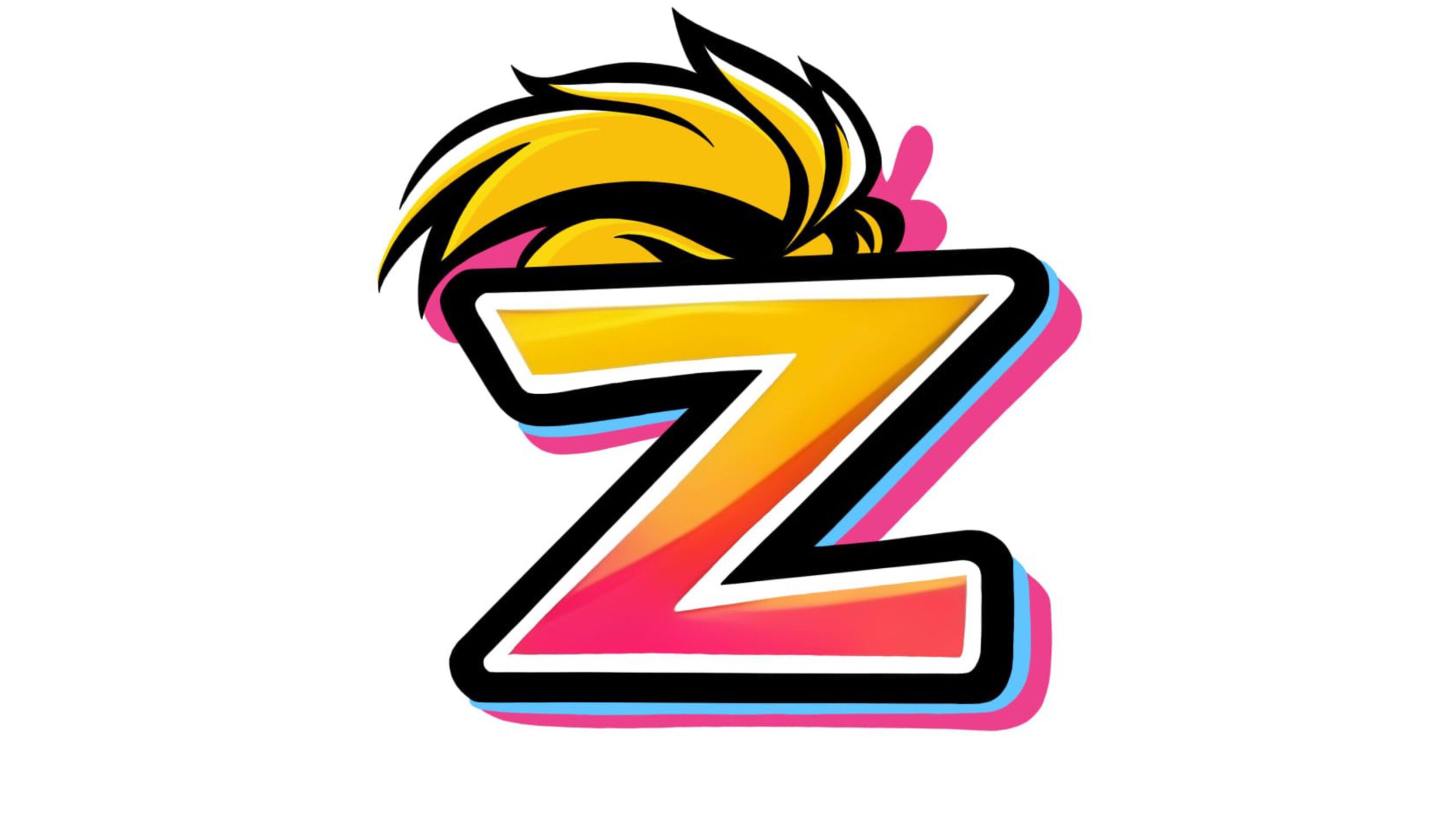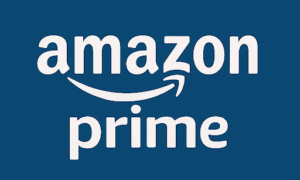At just 25, Zhong has already cemented himself as one of the most influential creators in the digital landscape. With over 60 million YouTube subscribers, 20 billion views, and fans spanning more than 150 countries, his reach is undeniable. But behind the viral skits and fast-cut pranks is a serious business: Zhongster LLC, the Los Angeles–based company he founded in 2021, which now operates more like a Hollywood studio than an influencer hub.
With a team of more than 100 creatives — editors, writers, actors and strategists — Zhongster has perfected the art of creating content designed for maximum shareability. It has forged global brand partnerships with LEGO, Meta, and Pokémon, while building a thriving merchandise arm and reinvesting heavily into production spaces and equipment. What started as a one-man operation has evolved into a multi-million-dollar enterprise with the infrastructure and vision of a modern entertainment powerhouse.
Now, the company is stepping into uncharted territory: syndication on Amazon Prime and Roku. The move places Zhong among the first YouTubers to bring creator-led content into the streaming mainstream, allowing families browsing their TVs to stumble upon his videos just as they would a sitcom or reality show. It is not just about convenience for fans — it’s about legitimizing creator-led entertainment on the same platforms where Hollywood giants release their work.
“Creative control isn’t really an issue because these platforms don’t adjust or edit our content,” Zhong says. “What’s exciting is that we get to bring the exact same videos our fans already love to brand-new audiences, without compromise.”
For Zhong, the significance goes beyond reach. The presence of YouTube-born content on services like Prime and Roku signals that digital storytelling can hold its own against traditional entertainment. “It proves YouTube-born content can stand shoulder to shoulder with traditional entertainment,” he adds.
Industry analysts agree. The rise of creator-driven studios reflects a larger transformation in media consumption, where Gen Z and Gen Alpha audiences increasingly treat YouTubers and streamers as their primary sources of entertainment. By entering Prime and Roku’s libraries, Zhongster content has the chance to be discovered not only by loyal subscribers, but also by parents and casual viewers who might never have ventured onto YouTube. This shift represents an important bridge between online-native creators and mainstream household recognition.
Still, Zhong acknowledges that syndication is in its early stages. “Right now, syndication feels like the Wild West. We’re one of the first YouTubers doing this at scale, so in many ways we’re helping to define the working relationship as we go. The frameworks aren’t fully built yet, and that’s both a challenge and an opportunity.”
While YouTube will always remain the foundation of his empire, Zhong views syndication as the natural next step in building a multi-platform presence. “It’s about expanding beyond one platform and pioneering what it looks like for YouTube creators to have a true multi-platform presence. In many ways, we’re trailblazing what the future of digital entertainment looks like.”
The implications extend well beyond Zhongster. As more creators explore distribution deals with traditional streaming services, the distinction between “influencer content” and “mainstream programming” will continue to fade. What once lived only in short-form clips on mobile phones is now being reimagined for the biggest screens in the house. For viewers, this means a wider range of voices and formats available at the click of a remote. For the industry, it signals that the creator economy is not just a parallel ecosystem, but an integral part of the broader entertainment landscape.
By extending his content to Amazon Prime and Roku, Zhongster LLC isn’t just expanding its audience — it’s helping to rewrite the rules of how creator-led entertainment lives alongside traditional programming. The move underscores a larger shift in the industry, where the line between social video and mainstream streaming continues to blur.
For Zhong, what started with whipped cream pies and internet pranks has grown into something much bigger: a chance to prove that the creator economy belongs not only on phones and laptops, but also on the biggest screens in the living room. And for millions of fans around the world, it’s yet another reminder that the future of entertainment is being built not in old Hollywood backlots, but in the creative studios of digital pioneers.



































